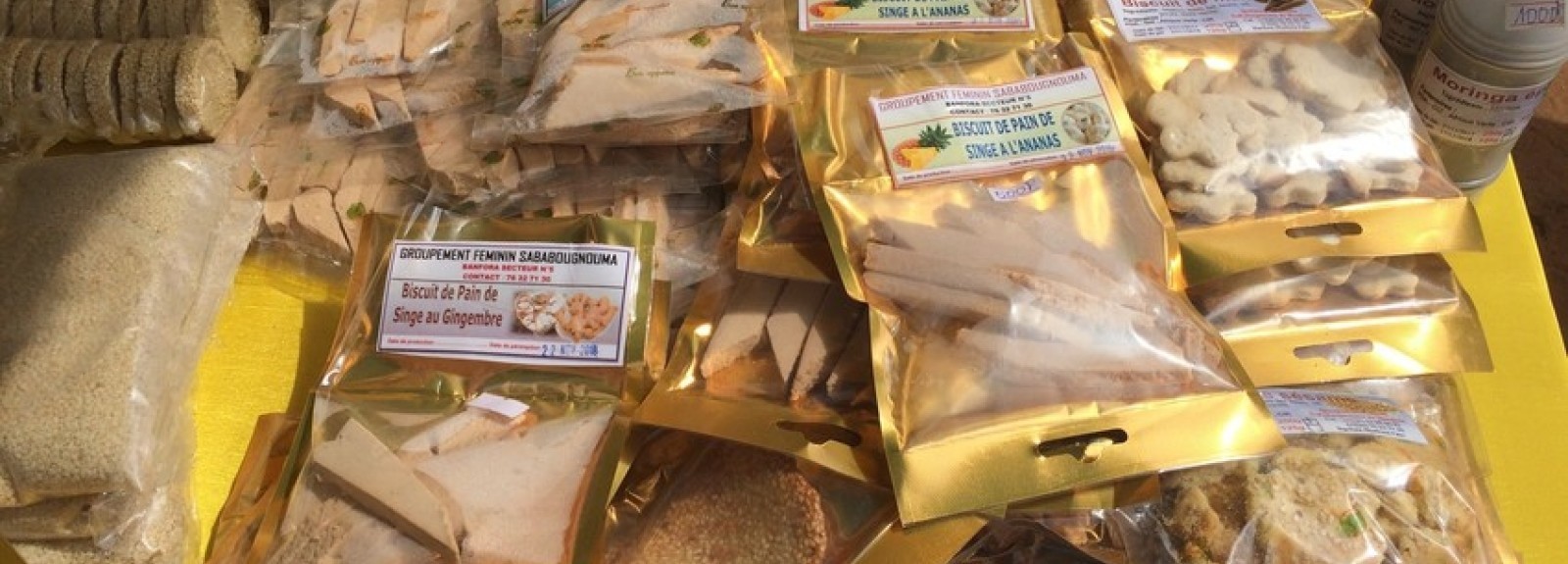Drissa Banihou thought the land his family had worked for a quarter century was dead.
Four of the 10 acres he had farmed in the community of Tchériba, Burkina Faso, had borne no crops in five years because of drought conditions. Drissa, 31, wondered how he was going to support his wife and children, ages 5 and 2.
But this year, that land has come back to life. With the help Lutheran World Relief and our partners, through the U.S. Department of Agriculture funded project, SESAme, he and his extended family produced 80 tons of sesame.
Now, Drissa is planning for a brighter future for his farm — and his family. The transformation is nothing short of a miracle. And to think he had nearly given up.
After many seasons of frustration, the family had moved on from the land with the idea of cultivating it later, but that hadn’t worked. When he returned to it and still had nothing to show for his labor, Drissa began to despair.
“I thought the land was dead and wouldn’t produce anymore. I had no idea what I was going to do nor where to begin,” he said.
It was a dilemma. He had limited career options. His life was working the land. “I am a farmer,” he said. “This is my family life. I can never leave farming. There are too many lives at stake.”
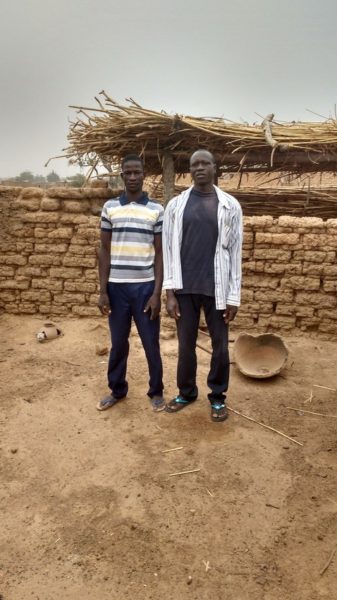
Then he was introduced to a series of trainings all about growing sesame — the plant that produces sesame seeds and sesame oil — and is a high-value and extremely resilient cash crop that grows in places where many other crops fail. Despite a 1,500 percent increase in sesame production in Burkina Faso over the last decade, those involved in producing and marketing sesame in this West African nation were not benefitting from the lucrative international market because they were not growing large volumes of high-quality sesame.
Lutheran World Relief is changing that by helping the farmers grow, market and export sesame.
“We learned so many things about planting and harvesting,” Drissa said of the instruction he received from local farmers trained as agricultural extension agents, who visited his farm.
“I was surprised to learn after so many years of farming that you could have more sesame depending on the way the seeds were put in the ground. I never knew that.” he said.
They learned to plant in a square pattern, with four seeds in each corner, and how to make organic compost and use it as fertilizer. The hands-on instruction covered everything, from plowing and harvesting to cleaning the sesame and new storage techniques.
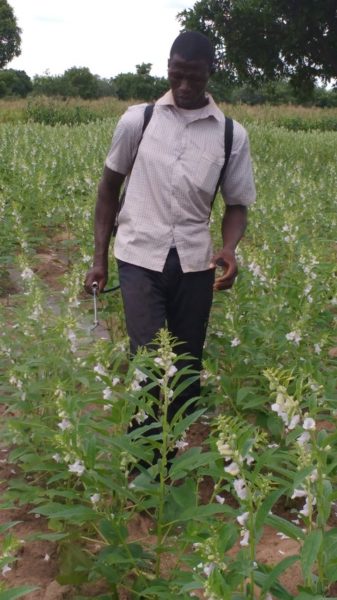
He and 30 other farmers in his community who are receiving help also learned how to apply bio-pesticide so it would kill bugs that often decimated crops, but would not damage the land or plants.
The trainings were backed up by technology that allowed the farmers to use Android smartphones to collect data, including farmers’ profiles, which allowed the local extension agents to help farmers with their individual problems. It turned the phones into case management tools.
As a result of this assistance, Drissa’s labors this season produced a bumper crop of sesame.
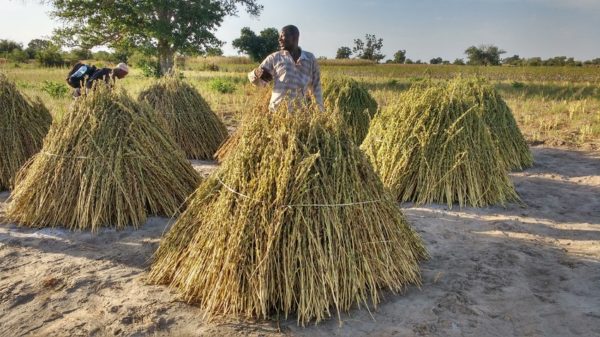
It has made a huge difference in his family’s lives. He can pay for school for his children and plans to build a better storage warehouse for the sesame, which will allow his extended family of farmers to store it and sell it for a higher price in the off season.
The local village is also seeing the benefits from bountiful harvests. Because other farmers are earning more money from greater yields, more children are going to local schools and the parents are buying more school supplies and uniforms — all a domino effect on the local economy.
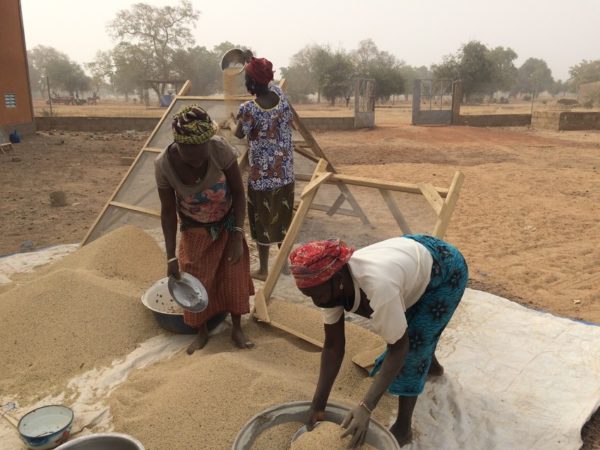
“With the money earned from the extra sesame, we see more children going to school. Parents are able to buy school supplies and uniforms,” he said. “They can definitely afford more.”
The potential will only grow as this work enters its second year. Valued at $24 million, it is the largest LWR project, and will run a total of five years. It is expected to impact 500,000 people directly and indirectly by working with farmers, agricultural cooperatives, buyers, exporters, financial institutions and government bodies to increase their ability to meet sesame export quality standards and sell for higher prices in more lucrative markets.
Plant seeds of change for more farmers like Drissa
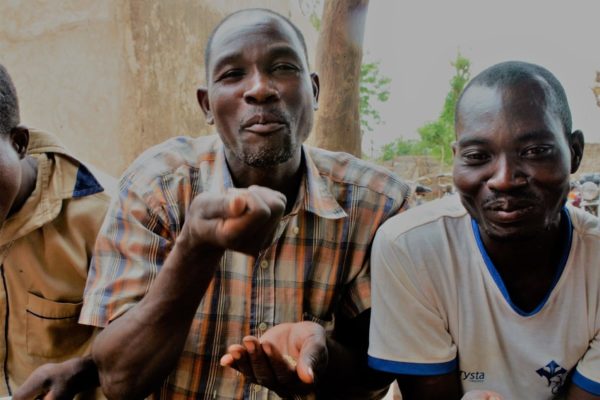
Your support of farmers like Drissa transforms lives.
Consider a gift to Lutheran World Relief to provide training, tools, and support to more farmers around the world working to lift their families out of poverty.


